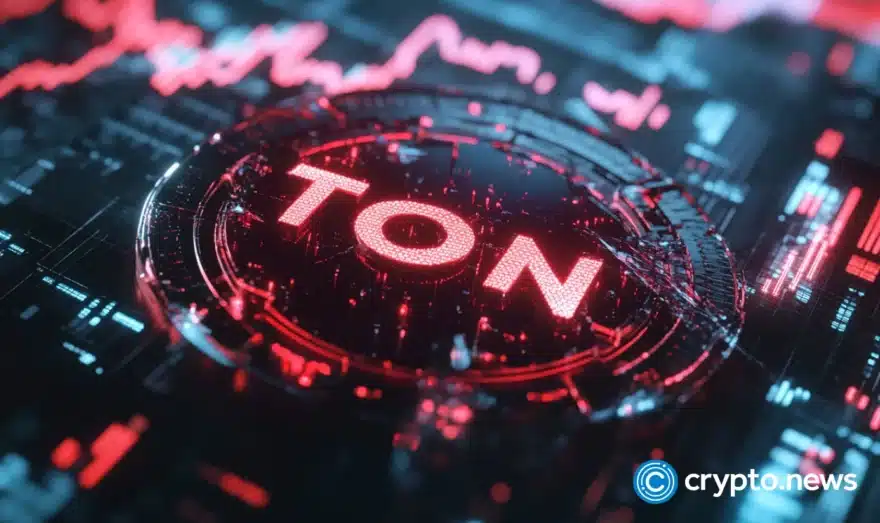How lawyers overslept crypto revolution | Opinion

Disclosure: The views and opinions expressed here belong solely to the author and do not represent the views and opinions of crypto.news’ editorial.
There is a growing fintech and web3 industry, yet people often struggle to find legal professionals for a wide variety of legal jobs in this space. Typical inquiries may include how to issue tokens, launch a DAO, or manage a crypto fund. The case that ended up on my desk turned out to be much more commonplace, namely, a dispute involving a customer and a crypto exchange that refused to release cryptocurrency, citing compliance with anti-money laundering and countering the financing of terrorism (AML/CFT) regulations. However, this case was significant because it underscored the competency gap among ‘crypto’ lawyers who had tried to resolve it before I did.
One day, a friend of mine brought the issue to me. I wasn’t practicing law at that time, being preoccupied with academic research on blockchain, but my curiosity was piqued when I learned that two other lawyers, who were experts in the cryptocurrency and blockchain field, were unable to solve it. Consequently, I agreed to help.
My friend had deposited some cryptocurrency into a crypto exchange, but the exchange had frozen the funds and requested proof of their origin for AML and CTF purposes. It turned out that my friend had mined the cryptocurrency. The first lawyers suggested launching a full-scale legal crusade against the crypto exchange. However, my friend was not keen on the prospect of getting mired in a lawsuit. Moreover, the exchange was located abroad, which would significantly increase legal expenses. The second lawyer proposed a somewhat dubious solution of drafting a purchase contract for the coins, but this was not applicable in this case. The question arose: who would be the ‘seller,’ and how would my friend justify the origin of funds he didn’t spend in the first place, considering he was one of the fortunate miners who managed to mine coins on his laptop before the mining difficulty soared?
The situation was complicated by the fact that my client first transferred the coins from the address where they were mined to another wallet. He then sent them from that wallet to the exchange.
To the exchange, it appeared as if someone initially mined the coins, sold them to my client, who then transferred them to the exchange. After conducting some minor trades, my client decided to withdraw the coins. It’s an open secret that some exchanges store coins at shared addresses, effectively mixing the coins of different clients. As a result, it appeared as if my client was trying to use the exchange for money laundering. Consequently, the exchange blocked the transaction, requesting proof to the contrary.
However, I had a straightforward solution to this problem, rooted in my understanding of cryptography. I asked my client if he still had the private key from the address where he had mined the coins. He confirmed that he did. The solution was both apparent and simple. At this point, I realized that the previous lawyers lacked the necessary expertise to be considered true ‘crypto’ lawyers.
For most regular users, understanding the underlying cryptography ends with “private keys are needed to unlock coins.” However, the private key is part of the wonder of asymmetric cryptography, where a crypto asset is associated with the user’s public key, or more accurately, with its representation in the form of a cryptocurrency address. Any subsequent transaction involving the coins requires authorization using a so-called ‘digital signature,’ which can only be generated with the corresponding private key.
I have often heard in my life that a scanned copy of a handwritten signature on paper is referred to as a digital signature. In cryptographic terms, a digital signature means something quite different. It refers to a cryptographic string created from the hash of the user data.
This string — or digital signature — can then be decrypted by anyone using the public key. Because the private and public keys are mathematically linked in a way that allows the hash to be decrypted, this proves that the hash was signed with its corresponding private key. As such, the holder of the private key is the ‘author’ of that digital signature. However, they do not show this private key, as the whole point is to keep it secret. To prove authorship, one must sign something else again, demonstrating that they possess the relevant private key.
Blockchain technology employs asymmetric cryptography to verify coin ownership, but this is fundamentally the same technology that someone would use in their daily business routines, e.g., digitally signing files, contracts, or messages to ensure their authenticity.
I suggested to the exchange that they send a verification string (any random string) to the client. The client would then sign it using the private key from the original address, thereby proving that he was the miner of the coins. The exchange agreed to this proposal, and the client successfully proved ownership of the funds, regaining access to his cryptocurrency.
This example underscores the importance of understanding the basics of cryptography for professionals working in the crypto space. In this scenario, a lawyer with knowledge of private keys and digital signatures could provide a simple and effective solution to a legal problem involving cryptocurrency ownership. By grasping the fundamentals of cryptography, lawyers can more effectively advise their clients on issues related to blockchain technology and cryptocurrency, thereby helping them navigate the legal challenges that arise in this rapidly evolving field.
But do law schools teach cryptography these days? Do all lawyers working in blockchain and fintech make an effort to study the basics of the technology they deal with? More importantly, how many clients worldwide find themselves stuck because their lawyers are incapable of searching for and extracting evidence from a blockchain or a smart contract, interpreting blockchain transactions, or simply understanding how a crypto wallet works? This situation showcases that many professionals have missed the wave of the crypto revolution.















